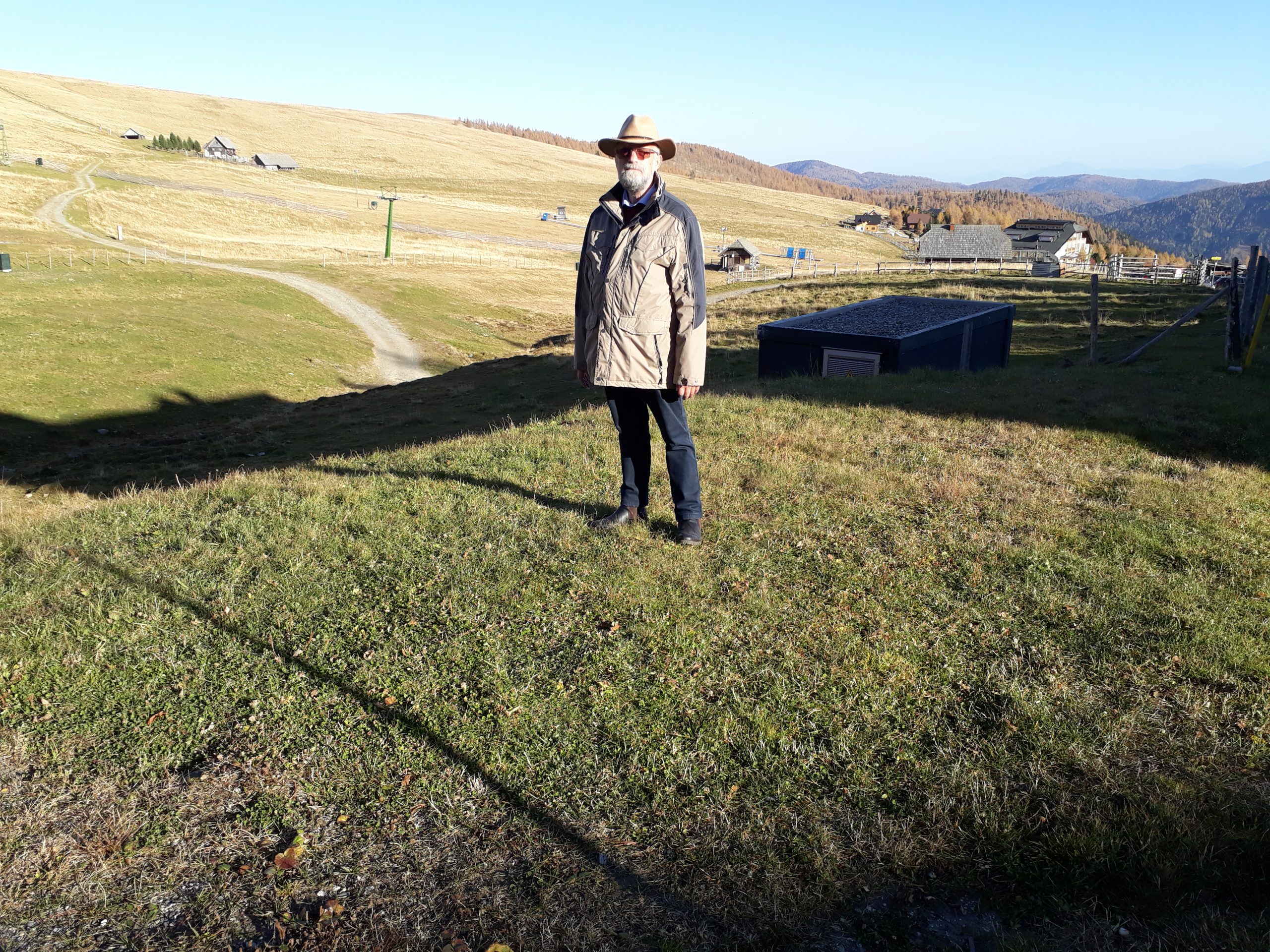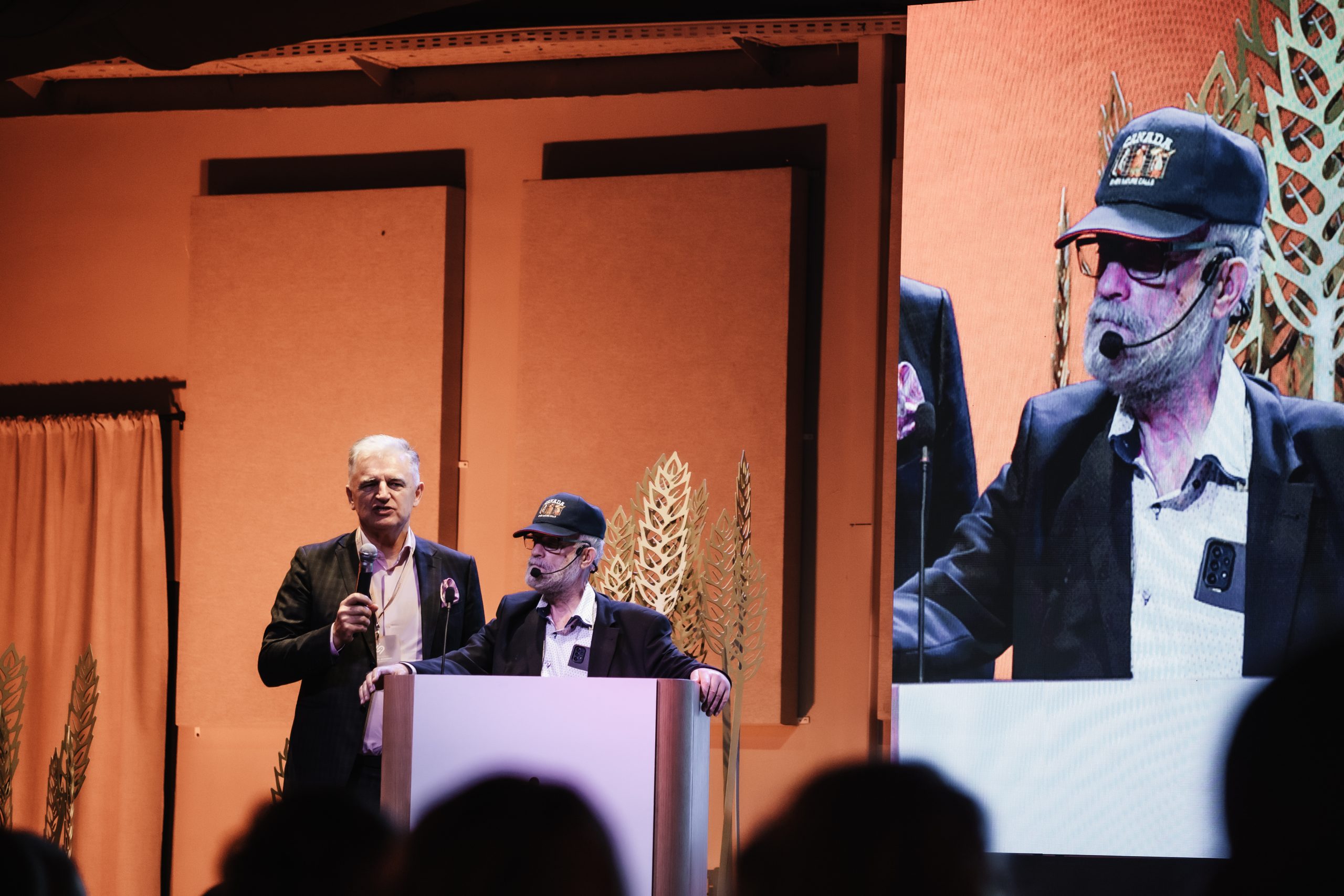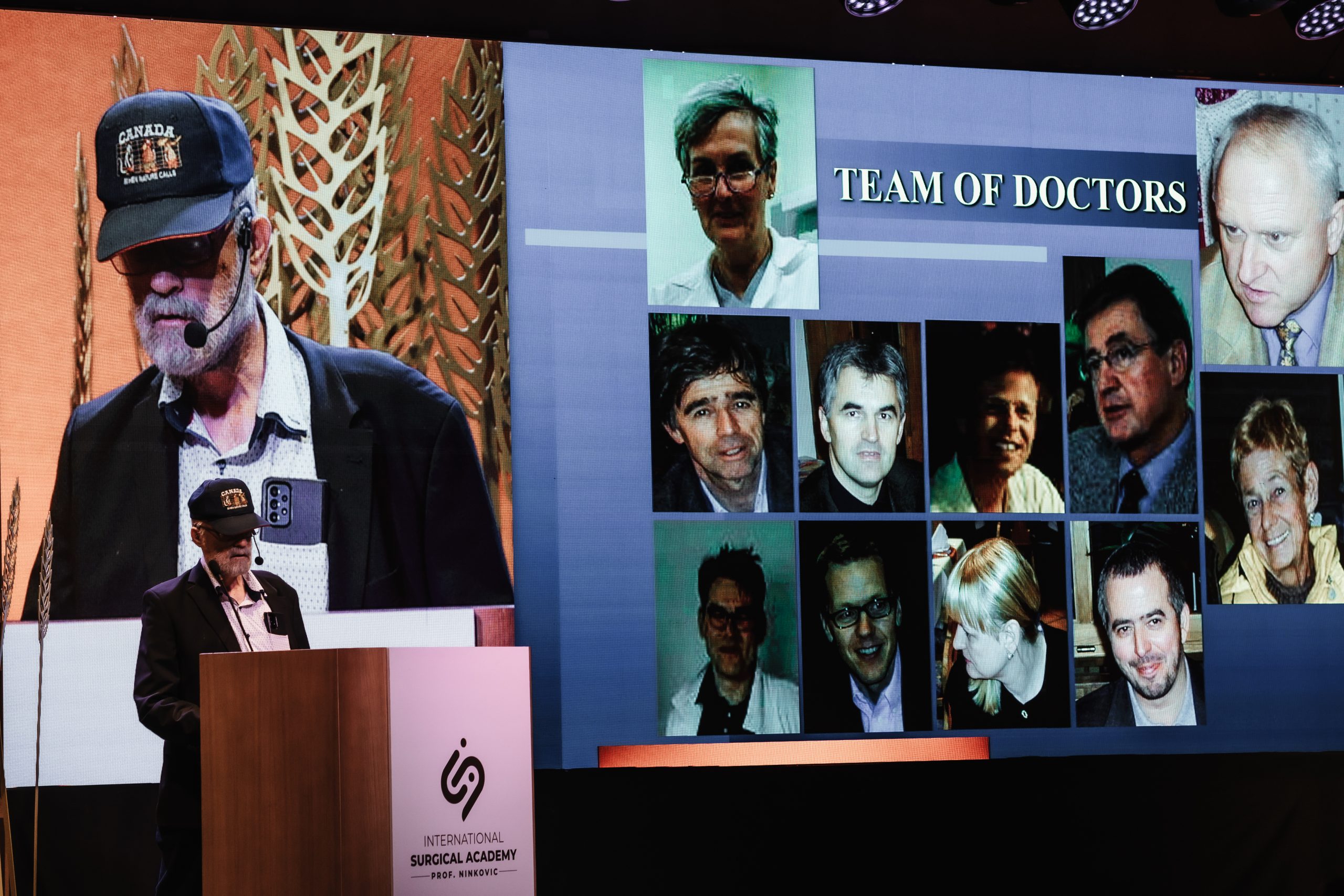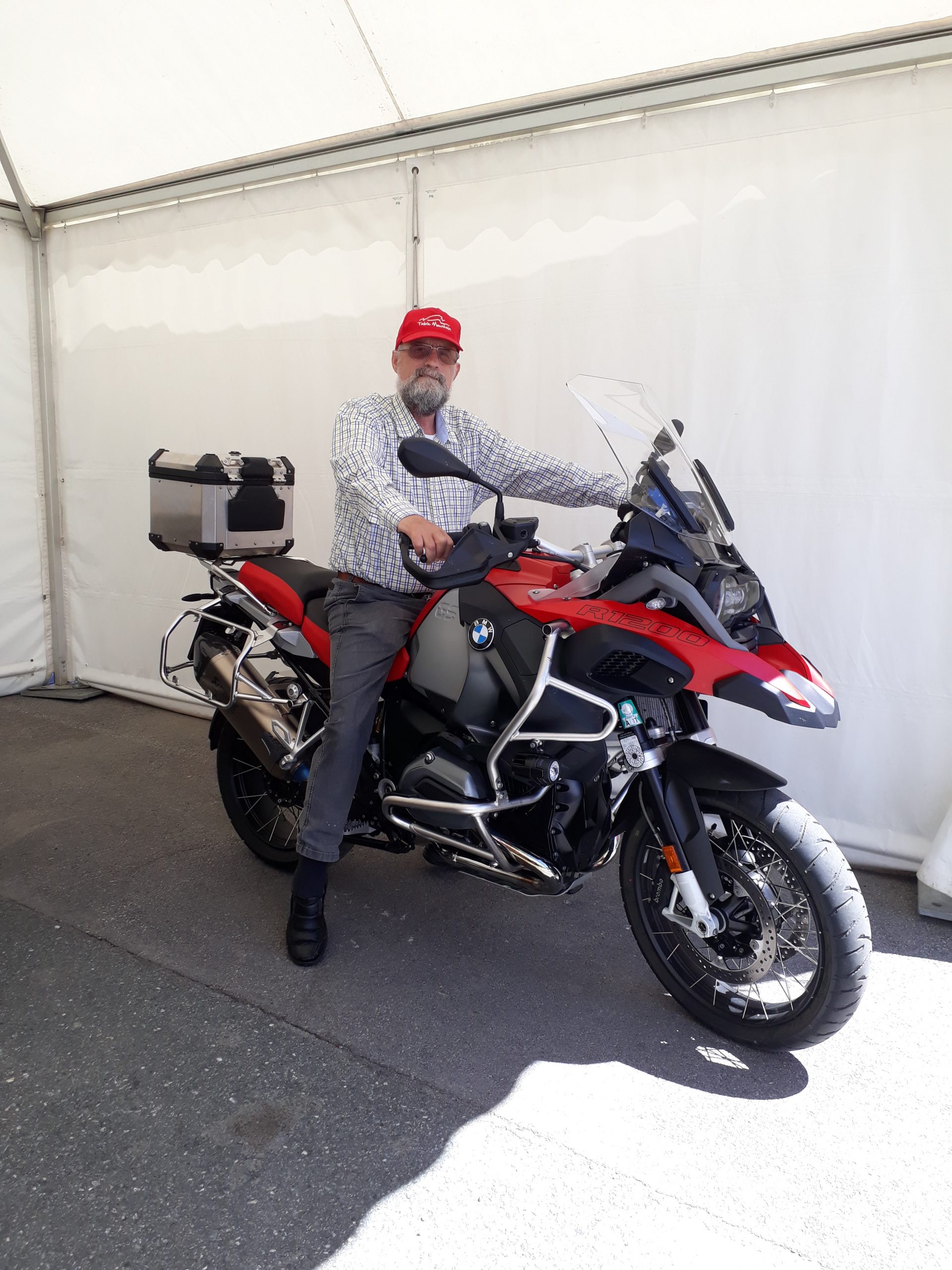It has been 25 years since the sensational procedure in which Prof. Dr. Milomir Ninković and his colleagues in Innsbruck transplanted hands to a police officer who was severely injured in a bomb explosion.
Police officer Theo Kelz and the accident
Theo Kelz was a police officer in his prime and an explosives expert when, in an attempt to protect children at a school in Austria, he lost both of his hands in a bomb explosion.
On August 24, 1994, he was called to an elementary school in Klagenfurt, where a suspicious white sports bag with a plastic tube had been found. Together with two colleagues, he transported it to the airport to be X-rayed and analyzed. Unfortunately, it turned out to be a bomb, which exploded and seriously injured the 42-year-old Kelz.
Six years later, in March 2000, Theo Kelz received new hands from a deceased donor. The medical team from the Department of Plastic and Reconstructive Surgery at the Medical University of Innsbruck, which included Prof. Dr. Milomir Ninković, thus entered medical history. The transplantation of both hands to the Austrian police officer lasted 18 hours and 20 minutes, making it the longest surgery performed by Prof. Ninković, one of the world’s leading plastic surgeons, who today heads the Department of Plastic and Reconstructive Surgery at the International Medical Center Priora in Čepin near Osijek.

Hand transplantation – Prof. Milomir Ninković and his team
It was a revolutionary achievement in plastic and reconstructive surgery.
“My new hands function very well, in fact excellently, even 25 years after the transplantation,” says Theo Kelz.
The first single-hand transplant from a deceased donor was performed in Lyon in 1998. Two years later, the team in Innsbruck went a step further and carried out the first double-hand transplantation from a deceased donor.
“I dreamt a dream while awake, and in that dream I was lying in a hospital bed with two new hands,” Kelz recalls, explaining how he decided to undergo the daring procedure. At first, he lived with prosthetic arms and searched for transplant clinics that could restore his hands. Ultimately, he found a solution in Innsbruck.

Prof. Ninković: We believed in success
He says he always believed in the complete success of the transplant.
“There was never the slightest doubt about this magnificent medical achievement,” he emphasizes.
Six years passed from the terrorist attack until the moment he could once again touch his loved ones with his own palms and fingers.
“I waited and hoped, and I never once thought of giving up. Giving up was absolutely forbidden by my daughter and wife, who stood by my hospital bed in Klagenfurt, telling me: ‘Giving up is just a word, nothing more,’” recalls the police officer.
His optimism was further reinforced by the medical team, which also never doubted the success of the double-hand transplantation from a deceased donor.
“We didn’t do any special preparation because we knew exactly how we would perform the procedure. What worried us most was the immunological aspect – whether organ rejection might occur. That’s why two years passed from the first conversations with the injured officer to the actual surgery. During that time, we searched for organ transplant surgeons who could take responsibility for the immunosuppressive therapy,” explains Prof. Dr. Milomir Ninković.

Surgery results and life after transplantation
They searched for a donor for two years, as many factors had to align, including genetic compatibility, in order for the transplantation to succeed.
During the surgery, the doctors completely lost track of time.
“Only when we left the operating room did we realize that 18 hours and 20 minutes had passed since we had entered. We were so focused on every move that we weren’t even tired,” says Ninković.
The result of the operation was a worldwide success and exceeded all expectations of the injured police officer
“I was, and still am, very proud of the entire medical team that carried out this magnificent medical achievement. I will emphasize that at every opportunity. And the recovery was speedy,” says Theo Kelz, grateful to Prof. Ninković, Austrian surgeon Dr. Raimund Margreiter, and the other doctors who participated in the sensational procedure.
Two years after the transplant, Theo Kelz traveled 9,600 kilometers by motorcycle to the North Pole. Three years later, he rode 16,000 kilometers. During a trip in South America, he fell off his bike and broke his right forearm.
“At a local hospital in Chile, they set the broken arm and put it in a cast, and I returned home without complications or having to cancel my trip,” he recalls.
After the accident in August 1994, he spent a year in rehabilitation and then returned to police service. With prosthetic hands, he worked in the operations center for six years. After the transplant, he continued his police duties until his retirement in 2014.

Prof. Milomir Ninković and plastic surgery today
Prof. Ninković also remembers the emotional first meeting with police officer Kelz.
“When I first asked him what he wanted to gain from the operation, he replied: ‘I have only two goals. One is to go to the toilet independently, and the other is to feel my wife and daughter with my own hands.’ Today, he is the greatest promoter of this procedure, because in his everyday activities, he shows the quality of life he has gained. When you see him cutting an apple with a knife and fork, writing, or disassembling and reassembling a pen, you would never guess that his hands were transplanted from a deceased donor,” says Prof. Ninković.
Milomir Ninković was born in Sarajevo, where he graduated in medicine. As a scholarship holder, he studied microsurgical techniques and reconstructive philosophy with the renowned Marko Godina in Ljubljana. In September 1992, he joined the Department of Plastic and Reconstructive Surgery at the Medical University of Innsbruck, where he earned his PhD three years later. He remained in Innsbruck until November 2003, and then continued his career in Germany. For two decades, he led one of the largest plastic surgery departments in the country, at the Bogenhausen Hospital, part of the Munich Clinic.
He is one of the founders of the International Medical Center Priora in Čepin, Croatia, where he now shares his vast experience with colleagues at this private hospital in the heart of Slavonia.